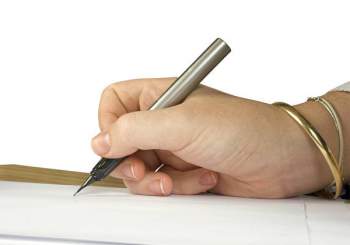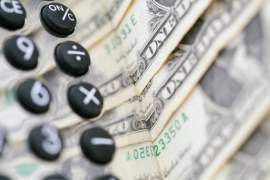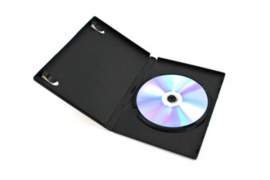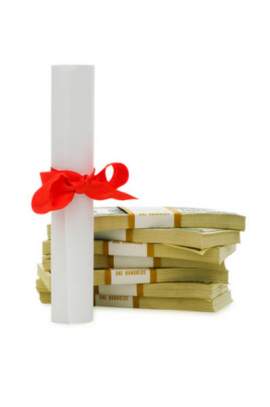
Cashier's Check Overview

A cashier's check is a specific type of check involving a guarantee by a bank. As a check, it falls under the rules of checks in general, meaning that it is a draft. Drafts have three parties involved: the drawer, who wrote the check; the drawee, who pays on the check; and the payee, to whom the check is payable. For all checks, the drawee is a bank. But for cashier's checks, the drawer is the bank as well.
Seemingly, a cashier's check is something of a promissory note in that it involves only two parties, and under the terms of that note, the bank will pay the payee the value of the cashier's check whenever the payee presents the check for payment.
A cashier's check, according to the Federal Reserve, is considered "guaranteed funds", which provides the cashier's check with a degree of credibility. Recipients of cashier's checks know that the cashier's checks are drawn on the bank and not on the account of any given individual, and as such, have a guarantee to them which ensures the recipient payment. The check is very unlikely to be denied because of insufficient funds in the originating account, and thus, cashier's checks are very desirable for certain transactions.
For example, major purchases will often involve the buyer to obtain a cashier's check in order to guarantee the purchase. Buying a car or making a down payment on a house are common transactions that would require cashier's checks for the guarantee of funds.
Most often, cashier's checks are obtained by paying a bank a certain amount of money and receiving in return a cashier's check for that value. The money which you pay to the bank will come out of your own account, and if you get a cashier's check at your own bank, then there is another degree of certainty for the bank in question. The bank will be more likely to issue a cashier's check when it has immediate access to the accounts from which the funds for the check are coming and can tell if there aren't enough funds to pay off the cashier's check.
Sometimes, banks will charge a fee for obtaining a cashier's check. This might be a flat fee or a percentage based on the amount of the cashier's check desired, depending upon the policies of the bank and whether or not the person seeking the cashier's check is going to his or her own bank or to another bank.
Cashier's checks are often used fraudulently in some forms of Internet scams, as the fraudsters make up a false cashier's check and send it to individuals, who will then supposedly deposit those fake cashier's checks in their own accounts, while compensating the fraudsters for an equal amount of money. Such fraudulent practices can be defeated by ascertaining the validity of the cashier's check in question, simply by going to the issuing bank and ensuring that the cashier's check is not a fraud.
NEXT: What is a Certified Check?





















